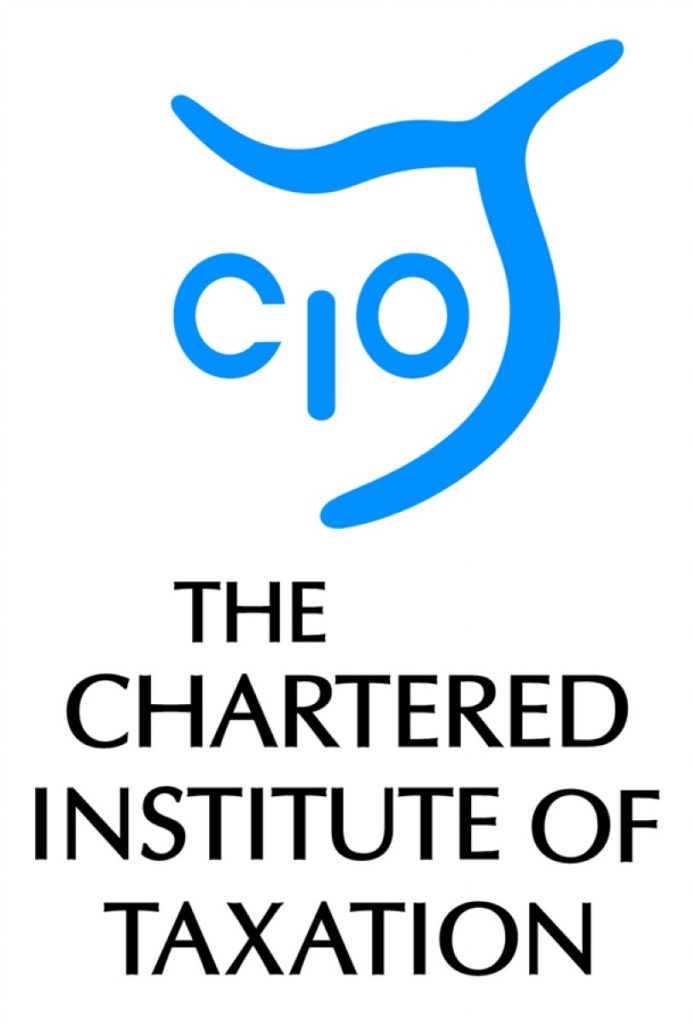CIOT: Have you paid too much tax on your redundancy payment?
Have you recently been made redundant as a result of insolvency? The Low Incomes Tax Reform Group (LITRG) has called attention to the fact that when an employer becomes insolvent, payments made by the Redundancy Payments Office (RPO) to employees will often have had tax deducted when it should not have been.
This is because the RPO is not an employer so does not operate a tax code on the payment. As a result they deduct basic rate tax from the payment, even though the first £30,000 of redundancy payments are usually tax free. Those receiving the compensation may pay too much tax on their redundancy payment. LITRG has urged all those who think they have been wrongly taxed on their redundancy repayment to check their accounts and contact HM Revenue & Customs (HMRC).
Anthony Thomas, Chairman of LITRG, elaborates:
“If you are made redundant and your employer cannot or will not make a redundancy payment, you may be able to claim a protective award from the RPO. You are normally eligible for a statutory redundancy payment if you have worked for your employer for more than two years. The tax rules on redundancy packages are complex, but redundancy payments are generally tax free up to the limit of £30,000. This means that if you receive a redundancy payment, it is likely to be exempt from tax. The package you receive, however, may also include elements that are taxable and liable to National Insurance contributions (NICs), such as unpaid salary or holiday pay.
“Unfortunately, when HMRC receive information about your redundancy payment from The Insolvency Service or RPO they are unable to identify whether or not any part of this is non-taxable. As a result, HMRC systems treat the full redundancy payment as taxable and include all of it in your P800 Tax Calculation. A solvent employer would normally only report the taxable element of a redundancy payment to HMRC. So even if you have paid too much tax, this will not show on the P800 Tax Calculation.
“It appears that HMRC are aware of this issue and that they have guidance in place on how to correct calculations that include payments from The Insolvency Service with a non-taxable element. However, HMRC only act on these instructions if you contact them. It is your responsibility to ensure that you have paid the correct amount of tax and to check notices you receive from HMRC, such as P800 Tax Calculations. If you have received a redundancy payment from The Insolvency Service, LITRG would encourage you to review your tax position to ensure that you have not paid too much tax. If you think you have overpaid tax, you can make a claim for repayment.”
Notes to editors
1. Further information regarding the statutory amounts and limits of redundancy payments can be accessed here.
2. LITRG has produced a guide for claiming refunds back from HMRC, which can be accessed here.
3. The Low Incomes Tax Reform Group (LITRG) is an initiative of the Chartered Institute of Taxation (CIOT) to give a voice to the unrepresented. Since 1998 LITRG has been working to improve the policy and processes of the tax, tax credits and associated welfare systems for the benefit of those on low incomes. Everything we do is aimed at improving the tax and benefits experience of low income workers, pensioners, migrants, students, disabled people and carers. LITRG works extensively with HM Revenue &Customs and other government departments, commenting on proposals and putting forward our own ideas for improving the system. Too often the tax and related welfare laws and administrative systems are not designed with the low-income user in mind and this often makes life difficult for those we try to help.
4. The Chartered Institute of Taxation (CIOT) is the leading professional body in the United Kingdom concerned solely with taxation. The CIOT is an educational charity, promoting education and study of the administration and practice of taxation. One of our key aims is to work for a better, more efficient, tax system for all affected by it – taxpayers, their advisers and the authorities. The CIOT’s work covers all aspects of taxation, including direct and indirect taxes and duties. Through our Low Incomes Tax Reform Group (LITRG), the CIOT has a particular focus on improving the tax system, including tax credits and benefits, for the unrepresented taxpayer.
The CIOT draws on our members’ experience in private practice, commerce and industry, government and academia to improve tax administration and propose and explain how tax policy objectives can most effectively be achieved. We also link to, and draw on, similar leading professional tax bodies in other countries. The CIOT’s comments and recommendations on tax issues are made in line with our charitable objectives: we are politically neutral in our work.
The CIOT’s 17,000 members have the practising title of ‘Chartered Tax Adviser’ and the designatory letters ‘CTA’, to represent the leading tax qualification.
James Knell
External Relations Officer
D: +44 (0)20 7340 2702
Low Incomes Tax Reform Group – an initiative of the Chartered Institute of Taxation
www.litrg.org.uk
Chartered Institute of Taxation
Registered charity number 1037771
www.tax.org.uk
1st Floor, Artillery House, 11-19 Artillery Row, London SW1P 1RT





-01.png)